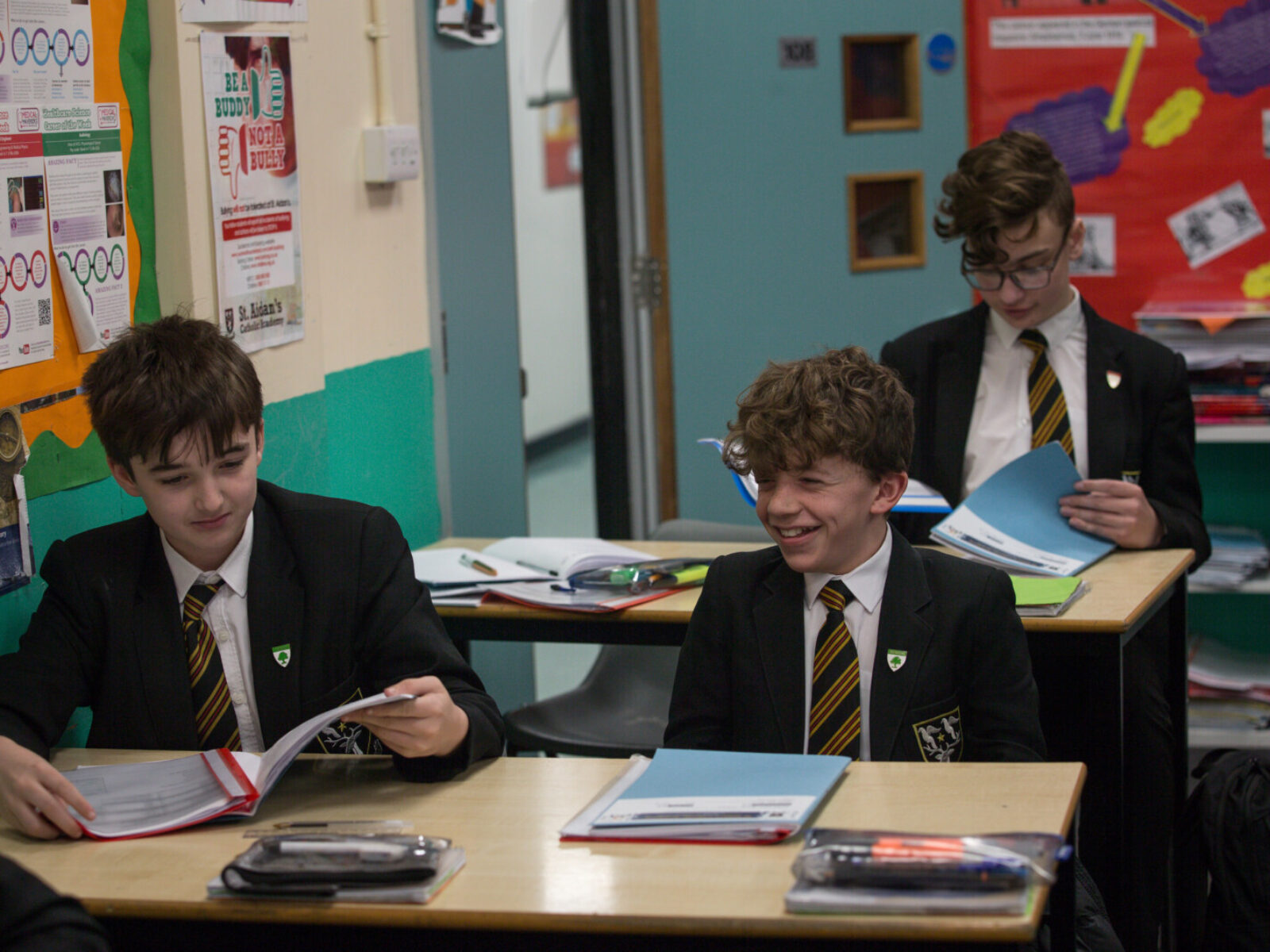Advice for Parents
It is important for Parents and Carers to know what to do if they think their son is a victim or perpetrator of bullying.
If your child is being bullied or you think they might be, here are some tips on how to talk to them to prevent further bullying.
- If your child is being bullied, don’t panic. Explain to your child that the bullying is not their fault and together you will sort this out.
- Bullying is never acceptable; and should always be taken seriously. It is never your child’s fault if they’ve been bullied.
- Try to establish the facts. It can be helpful to keep a diary of events. if the bullying is online, save or copy images or text.
- Find out what your child wants to happen. Help to identify steps you can take; and the skills they have to help sort the situation. Make sure you always keep them informed about any actions that you decide to take.
- You may be tempted to tell your child to retaliate but this can have unpredictable results. Your child may get into trouble or even get hurt. Rather – role play non violent ways they can respond to children that are bullying them (e.g. “I don’t like it when you say that to me / do that to me. Stop.”); show them how to block or unfriend people if the bullying is online and help them identify other friends or adults that support them.
- Encourage your child to get involved in activities that build their confidence and esteem, and help them to form friendships outside of school (or wherever the bullying is taking place.
This is what the Anti-Bullying Alliance suggest if you think your son is a perpetrator of bullying:
It is very difficult for parents and carers when they find out that their child has been involved in a bullying incident. The important thing to remember is that anyone is capable of bullying behaviour. As parents you have a key role in helping your child to recognise the harm they have caused and encouraging them to change their behaviour in the future. All parents and carers should speak to their children about what bullying is – and how it makes people feel.
They need to feel they can talk to you if there is bullying happening in their class or school. Sometimes children and young people can be pulled into bullying behaviour by friends or the wider peer group – this is particularly true of hurtful comments and images spread through social networking sites. Some top tips for parents include:
- Make sure your child knows what bullying behaviour is and why it is wrong.
- Make sure your child knows they can talk to you, or to another adult if they are worried about bullying.
- Help your child to realise that no one has the right to pressure them into something they don’t want to do – this includes bullying others.
- Make sure they are not bullying others in retaliation for bullying they have suffered – find out if there is a wider culture of bullying in the school or environment where its happened.
- Talk to your child about information that is shared through social networking sites – let them know that they shouldn’t upload comments or images that could hurt someone else – or pass on content that is designed to hurt someone else. Let them know most social networking sites have report buttons if they have seen bullying behaviour and they want to stop it.
- Make it clear that you do not tolerate the use of disrespectful and hurtful language and behaviour as a family (it’s vital that you model this as parents)
If the school contact you to say your child has been involved in bullying incident stay calm and make sure you gather all the facts relating to the incident. Ask to see evidence if it is available (for example if the alleged bullying is through the internet or phones). Ask for a copy of the school anti-bullying and behaviour policy so you can ensure that they are following agreed procedures. Take time to listen to your child’s side of the story – but keep an open mind. If the school share information or evidence that shocks you (children can sometimes behave very differently away from their parents) again stay calm, and take time to talk through the incident with your child. Try not to see the behaviour as a permanent reflection of their character – but make clear the behaviour you would like to change. It may be that their current friendship group is having a negative effect on their behaviour – in which case you should talk about what it means to be a friend, and gently encourage them to form more positive relationships.
Ultimately you are not the first – and you will not be the last parent to have to face this. Don’t blame yourself – today is the time for change.
Get some more advice. The Anti-bullying Alliance provide excellent advice for Parents. Click here to go to their website.
If you have any concerns please contact your sons Head of House.



